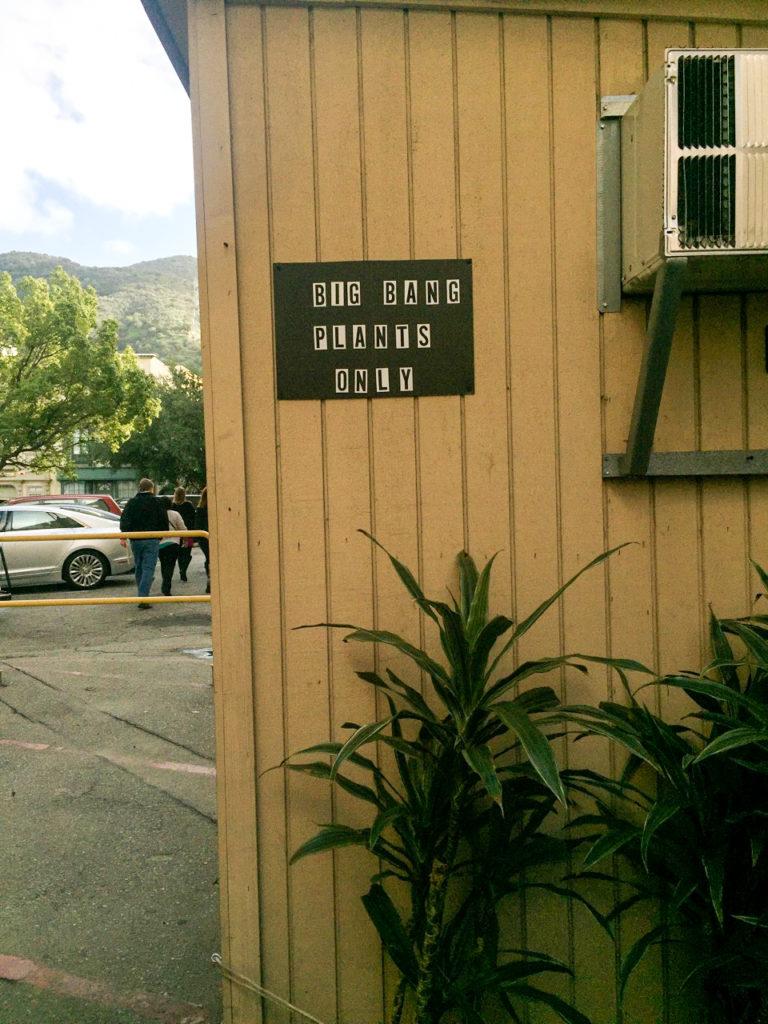Despite having various film studies classes, Grinnell College does not have a film major. Students have recently begun to take action to have one implemented in the curriculum at the College. Two weeks ago, seven students signed a Letter to the Editor in The S&B titled “No film program? That’s a problem.” These students, as well as others interested in film and media, are advocating for Grinnell to create a formal film program, not unlike the media and film majors, minors and concentrations at several of Grinnell’s peer institutions. These students have created a Change.org petition, which has amassed 98 signatures, but has not reached its goal of having a 100 signatures.
At Grinnell, faculty are responsible for the curriculum, according to Dean of the College Michael Latham. This means that neither the administration nor the Dean’s Office is able to create new programs.
The discipline of film studies had long been considered too vocational for the liberal arts education. However in recent years, the subject has become more widely accepted as an academic field of study.
“We live in a media-saturated world. … Moving images and screen culture dominates our existence; therefore, we need to be savvy consumers and responsible producers of media in all its various forms — from Tumblr sites to mainstream news media,” wrote Professor Theresa Geller, English, in an email to the S&B
In the past, Geller has regular taught film theory history courses within the English and Humanities departments.
“Film and media studies, new and old, is the discipline that trains students in the scholarly tools needed to understand, intervene in and produce the content that fills our screens, as well as understand the economic, historical and material conditions that make those very screens so ubiquitous,” she said.
Grinnell is behind many other similar schools in this area. Several peer institutions underscore the importance of film and media studies in the 21st century digital age.
“The best liberal arts education in the next generation will involve a high level of visual literacy and an understanding of the role that creativity plays in all intellectual fields and across all disciplines,” said Carleton College President Steven Poskanzer, according to the Carleton College website.
Students have the option of pursuing film at Grinnell College by creating their own independent major focused on film. But many students argue that the difficulty creates an inevitable obstacle. There are no classes offered on filmmaking, and without departmental support, pivotal film theory classes are not offered every semester and independent majors do not always get priority for class entry. With the only film studies professor away, only one short course on film was offered this semester.
“The reality is social media and developing its content is key to every single business and career, including academic careers that are rapidly expanding in digital fields, like digital humanities,” Geller wrote. “Film and media needs to play a central role in any education focused on social justice and the global world.”
The demand for such a program is growing. During this year’s winter break, the Center for Careers, Life, and Services hosted a trip to Los Angeles, allowing students to discover the entertainment industry. 45 students applied for a trip with only 16 spots.
However, Latham, in a follow-up email to The S&B, emphasized the cost of a film program. The faculty members in charge of making these decisions would need to consider whether and where the necessary resources, including faculty, can be found.
During the recent trip to Los Angeles, Dodge Greenley ’11 — who now works as a storyboard artist for Nickelodeon studios — even suggested students either drop out or transfer schools if they were serious about getting into the industry. However, he admits that studying film does not guarantee success.
“I know a ton of people who went to art schools or majored in television and production or something and didn’t get anything out of that,” Greenley said.
Ultimately, he did not drop out of Grinnell and doesn’t regret attending Grinnell College. He also acknowledged that when he matriculated to Grinnell, he didn’t know what career he wanted.
Transferring schools is not a viable option for some students. Many students, like Greenley, come to Grinnell not knowing they want to study film. Hanky Song ’17, who has created an independent major in Media and Cultural Praxis, discovered her passion for film after her arrival at Grinnell and has not transferred due to financial constraints.
However, many students have been able to excel in film studies even without a program. Numerous students have taken papers on film theory to conferences, and student filmmakers have even had success in competitions. But still, many students feel unprepared for a career in the film industry.
“What I am going to show the industry, if I don’t have the film production skills and I want to be a filmmaker? From what I’ve heard from those people in the club, everyone knows how to write, but no one knows how to make the film,” Song said.
Latham suggested an alternative option in a Media Studies program, which some of our peer institutions have already taken on.
“[This] would enable students to analyze and create work at the interface of writing, technology, visual culture and art, and film,” Latham wrote. “Film would then be one major content area within such a broader program.”























































